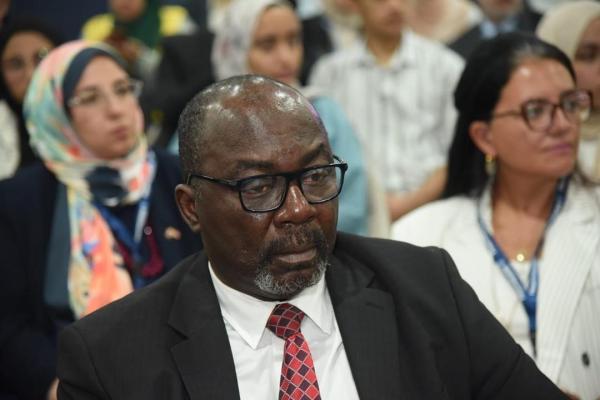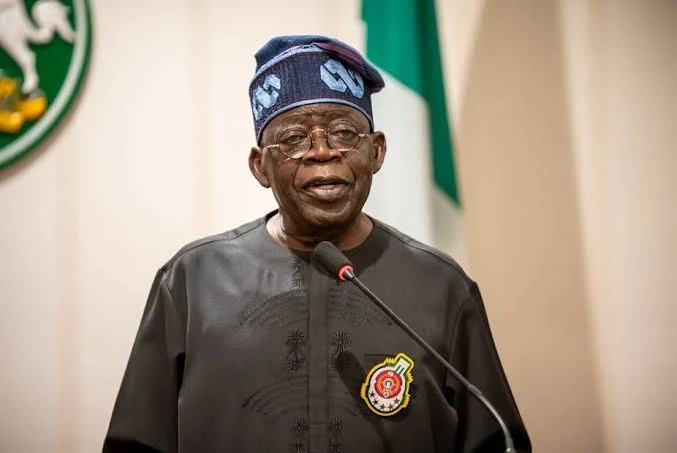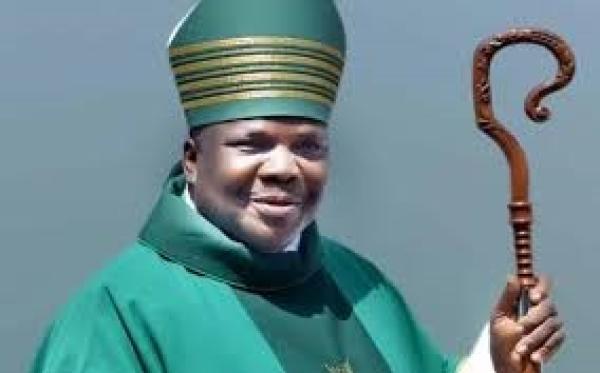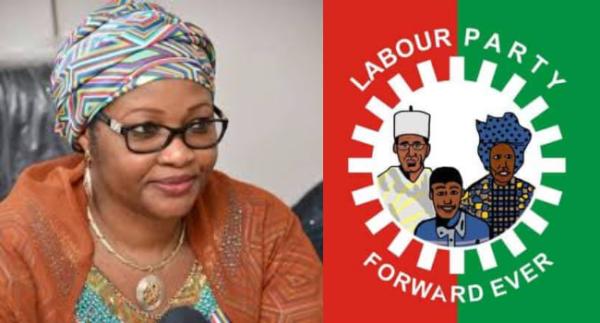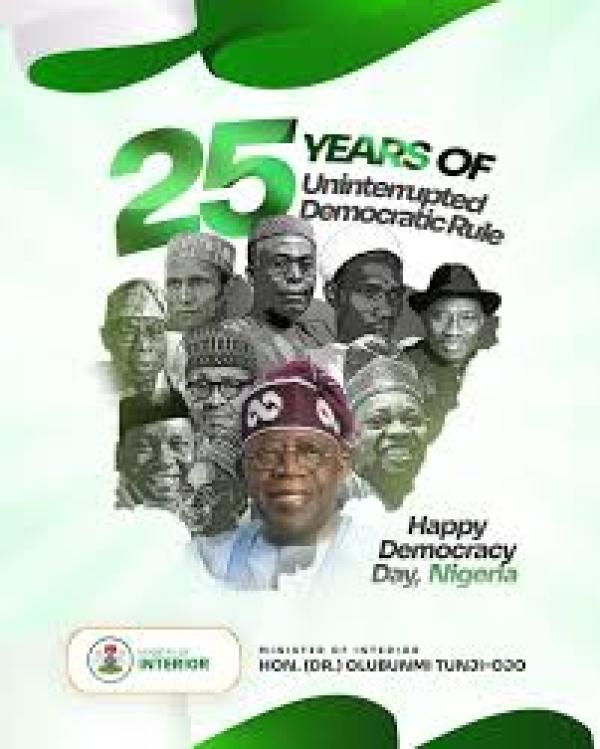
As Nigeria approaches its 64th Independence Day, the Federal Government has lauded the country’s 25 years of uninterrupted democracy, calling it a testament to the will of the Nigerian people to sustain freedom and liberty for future generations.
Speaking at a World Press Briefing in Abuja on Thursday, the Minister of Information and National Orientation, Mohammed Idris, described Nigeria’s journey since independence as one of resilience, strength, and progress, despite numerous challenges.
He emphasised the country’s evolution into a leading force in Africa and a respected voice on the global stage.
“This is a time of reflection, celebration, and renewed hope as we honour the journey of Nigeria, a nation that has demonstrated resilience, strength, capacity, and an unyielding spirit in the face of numerous and daunting challenges.
“Since gaining independence in 1960, Nigeria has evolved from a nation of hope and potential into a leading force on the African continent and a respected voice in the global community. We have faced numerous trials, from political upheavals to economic challenges, but each time, we have risen stronger through our shared unwavering vision of a united and prosperous country.
“Our democracy, now unbroken for a quarter of a century, stands as a testament to the will of the Nigerian people to attain and sustain freedom and liberty for posterity. Despite some challenges, we have weathered the storm and remained committed to democratic values and showcasing the maturity of our political system,” he said.
Idris commended President Bola Tinubu’s administration for initiating transformative reforms aimed at repositioning Nigeria’s economy, despite global challenges.
“Under the visionary leadership of President Tinubu, we have initiated transformative policies and reforms aimed at correcting the missteps of the past and repositioning Nigeria as an economic superpower in the near future,” Idris said.
Among the key reforms highlighted was President Tinubu’s push for local government autonomy, an issue that has long hindered rural socio-economic development.
Idris revealed that the President has taken the landmark step of seeking a Supreme Court verdict to implement this autonomy, signaling a significant shift towards grassroots governance.
Economic reforms were also a focal point of the briefing. The Minister noted that the removal of the petroleum subsidy has paved the way for Nigeria’s transition to Compressed Natural Gas, reducing transportation costs and attracting significant investment.
Additionally, the government is prioritizing macroeconomic stability by reforming the tax system, stabilising the foreign exchange regime, and diversifying government revenues.
In the area of education, Idris highlighted the newly established Nigerian Education Loan Fund through the Student Loans Act of 2024, aimed at making tertiary education more accessible to young Nigerians.
Idris acknowledged the challenges posed by the current economic reforms but reassured Nigerians that the sacrifices being made will soon bear fruit. “There is light at the end of the tunnel. Our sacrifices will not be in vain,” he said.
The briefing also underscored recent successes in Nigeria’s fight against insecurity and the steady decline in inflation, while the government continues to support small businesses through grants and financial incentives.
Idris concluded by calling on Nigerians to remain united and committed to building a nation that stands as a beacon for black people worldwide.
He also announced the upcoming implementation of the National Values Charter, which aims to foster moral, ethical, and cultural reawakening.
The event, organised by the Inter-Ministerial Committee on Nigeria’s Independence, was chaired by the Secretary to the Government of the Federation, Senator George Akume.
The press briefing marks the start of a series of events leading up to Nigeria’s 64th Independence Day on October 1, 2024.












